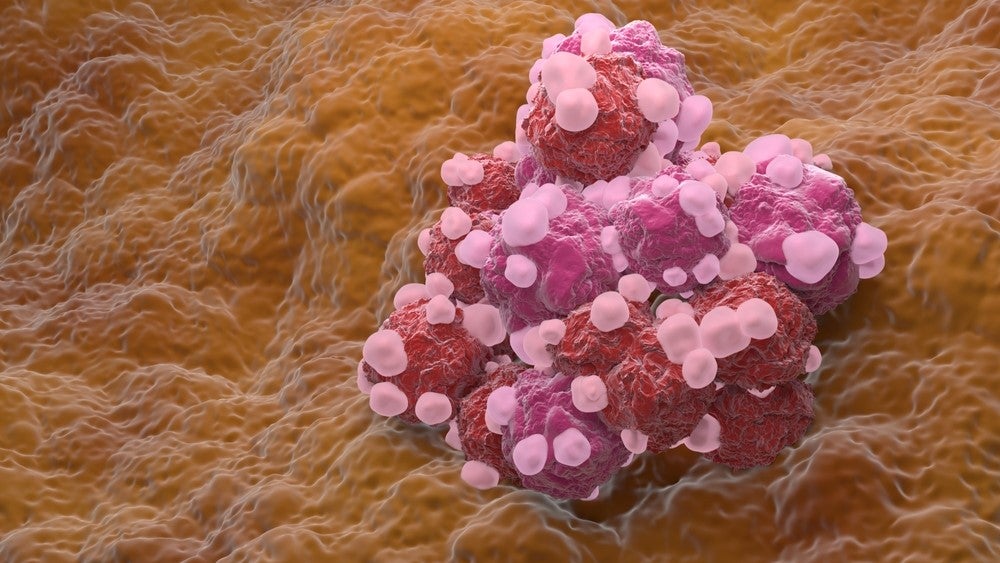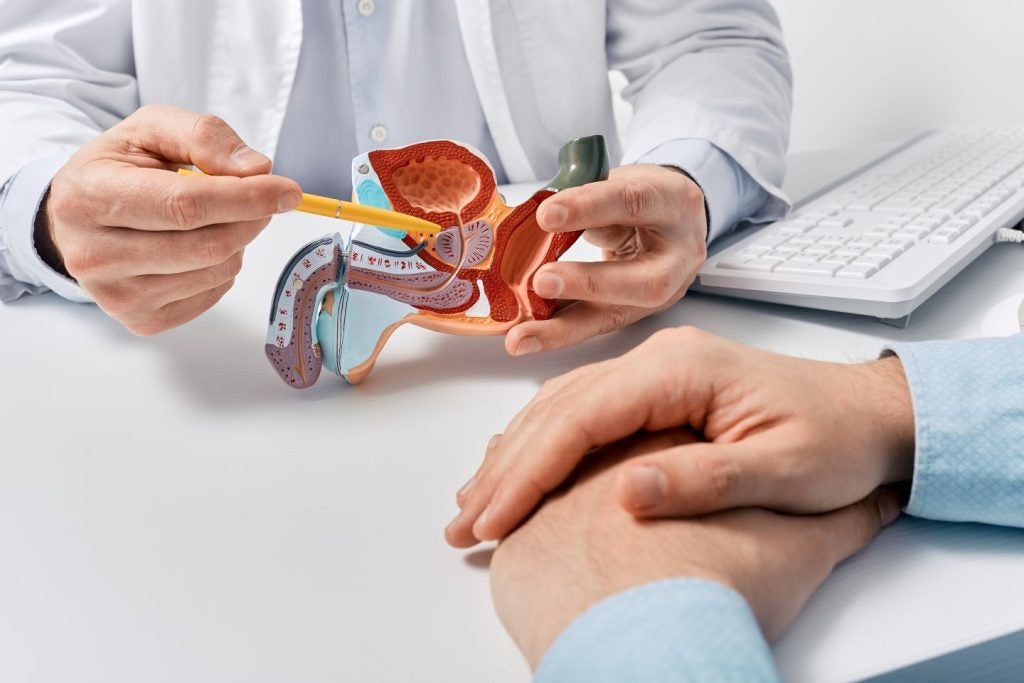
Gradalis has received a $9.9m product development research grant from the Cancer Prevention and Research Institute of Texas (CPRIT) to fund the Phase II ovarian cancer study of the company’s lead candidate, Vigil (gemogenovatucel-T).
The planned Phase II trial will evaluate Vigil in patients with recurrent ovarian cancer with homologous recombination proficient (HRP) molecular profiles who are sensitive to platinum therapies. The trial is intended to confirm positive Phase II VITAL trial results and support an accelerated approval application, as per a 16 November press release.
US-based immunotherapy company Gradalis intends to fill the unmet needs of the specific patient group left by the market withdrawal of poly (ADP-ribose) polymerase (PARP) inhibitors. In 2022, the pharmaceutical companies withdrew three PARP inhibitors, namely Clovis Oncology’s Rubraca (rucaparib), AstraZeneca/Merck & Co (MSD)’s Lynparza (olaparib), and GSK’s Zejula (niraparib), indicated for heavily pre-treated advanced ovarian cancer, after long-term studies showed low efficacy, or even a detrimental effect in one case, compared to chemotherapy.
The cell therapy market for ovarian cancer in the eight major markets is forecasted to be worth $9.8bn in 2031, as per a GlobalData report. The autologous gene-modified cell therapies (GMCTs) and gene therapies are estimated to generate $645m and $433m in peak sales, respectively.
GlobalData is the parent company of Pharmaceutical Technology.
Vigil is a bifunctional short hairpin RNA (bi-shRNA) immunotherapy that modifies tumour cells to reduce furin enzyme levels, thereby facilitating an immune response to cancer cells. The drug is designed to elicit a targeted and personalised immune response to a patient's unique “clonal” tumour neoantigens.
The randomised placebo-controlled Phase II VITAL study (NCT02346747) enrolled patients with stage IIIb-IV ovarian cancer. Vigil-treated patients demonstrated improved recurrence free survival (RFS) compared to placebo, as per a 26 March press release. Furthermore, no Grade III/IV treatment-related toxicities were seen in the study.
Cell & Gene Therapy coverage on Pharmaceutical Technology is supported by Cytiva.
Editorial content is independently produced and follows the highest standards of journalistic integrity. Topic sponsors are not involved in the creation of editorial content.















